
Do I Need to Apply for FCC Certification?
To determine whether your product needs FCC certification for sale in the United States, consider the following points. If your product falls within this scope, then certification is necessary. If you're still unsure, you can ask us for help.
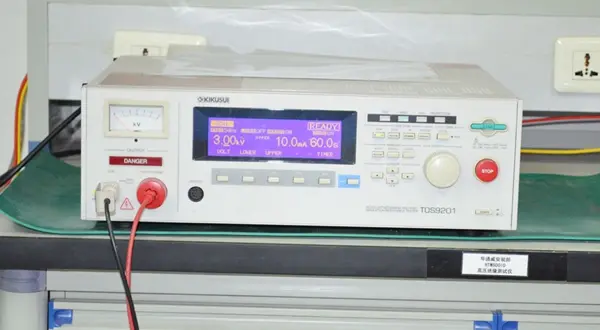
What is FCC Certification?
FCC (Federal Communications Commission) certification involves submitting test and certification results for electronic, radio, and electromagnetic compatibility equipment to the FCC to obtain an FCC certificate. This certification ensures that electronic devices do not interfere with radio communications and comply with the FCC's electromagnetic compatibility standards.
Scope of FCC Certification
FCC certification applies to all radio devices and other electronic products sold or supplied to the US market. Specifically, the scope includes:
1. Radio Transmitting Equipment: Examples include mobile phones, Wi-Fi devices, Bluetooth devices, remote controls, and radio transceivers.
2. Wired Telecommunication Equipment: Examples include telephones, modems, fax machines, and telephone line protectors.
3. Digital Devices: Examples include computers, servers, printers, copiers, and scanners.
4. Power Equipment: Examples include power adapters, electric tools, and household appliances.
5. Other Electronic Products: Examples include automotive electronics, radar equipment, and medical devices.
In summary, if a device emits electromagnetic radiation and has radio transmission and reception functions, it needs FCC certification.
FCC Certification Standards
The main standards include:
1. fcc part 15: Regulations for radio frequency devices. This standard outlines the maximum radiation capacity, frequency range, and electromagnetic compatibility for all devices that emit radio signals.
2. fcc part 18: Regulations for industrial, scientific, and medical (ISM) equipment. This standard limits radio emissions and electromagnetic interference for devices used in these fields.
3. FCC Part 68: Regulations for telephone equipment. This standard specifies connection, transmission, and technical requirements for devices connected to the public telephone network.
4. FCC Part 2: Frequency regulations. This standard governs the use and restrictions of radio frequencies for all devices.
5. FCC Part 11: Regulations for the Emergency Alert System. This standard specifies the technical and operational requirements for emergency broadcast equipment used by radio and TV stations.
6. FCC Part 22: Regulations for mobile phone systems. This standard outlines the technical and frequency usage requirements for mobile phone network equipment.
7. FCC Part 90: Regulations for public safety and medical telecommunications services. This standard specifies the technical requirements and frequency use rules for equipment used in these services.
Different types of products must comply with the relevant standards.
Forms of FCC Certification
1. fcc sdoc (Supplier’s Declaration of Conformity): Suppliers (must be a US company) ensure the equipment meets standard requirements. Documentation (e.g., SDoC declaration) is provided to prove compliance. Only US companies can issue SDoC declarations.
2. fcc id (Equipment Authorization): Testing must be done by an FCC-authorized lab. Test reports and related documents are submitted to the FCC, which, upon approval, allows the product to be marketed in the US. This applies to high-risk products like radio transceivers, radar devices, and GPS navigation devices.
FCC Certification Testing Items
1. Electromagnetic Compatibility Testing: Ensures compliance with FCC electromagnetic compatibility standards.
2. radio frequency testing: Ensures operation within specified frequency ranges.
3. Radiation Measurement: Ensures electromagnetic radiation is within FCC limits.
4. sar testing: Tests Specific Absorption Rate for radio communication devices to ensure safe levels of radiation exposure.
5. Safety Testing: Ensures compliance with FCC safety requirements, including protection against electrical shock and fire.
6. Product Label and Document Review: Reviews labels and manuals for compliance with FCC standards.
Preparation for FCC Certification
1. Product schematics and circuit diagrams
2. Product enclosure dimensions and material list
3. User manual and label samples
4. Test reports and data on electromagnetic compatibility, radio frequencies, and radiation measurements
5. Technical specifications and function descriptions
6. Product samples for testing and review
7. Authorization letter if a third party is involved in the certification
FCC Certification Process
1. Choose the appropriate FCC certification type and lab for testing.
2. Submit test samples and related documentation to the lab.
3. The lab tests the samples, generates a report, and issues an FCC number.
4. Submit the application form and documentation to the FCC via their website (or through a third-party certification agency).
5. The FCC reviews the application, requests additional information or testing if necessary.
6. Upon approval, the FCC issues the authorization certificate.
FCC Certification Fees
1. FCC SDoC: If done in-house with testing equipment, there may be no cost. Third-party applications cost around $600.
2. FCC ID: Fees vary based on the product's wireless capabilities, typically around $1600.
FCC Certification Timeline
1. FCC SDoC: If tested in-house, the timeline depends on the company. Third-party applications take about a week.
2. FCC ID: The process, including testing, submission, and review, takes about three weeks.
Email:hello@jjrlab.com
Write your message here and send it to us
 Amazon and Temu Require FCM Test Reports
Amazon and Temu Require FCM Test Reports
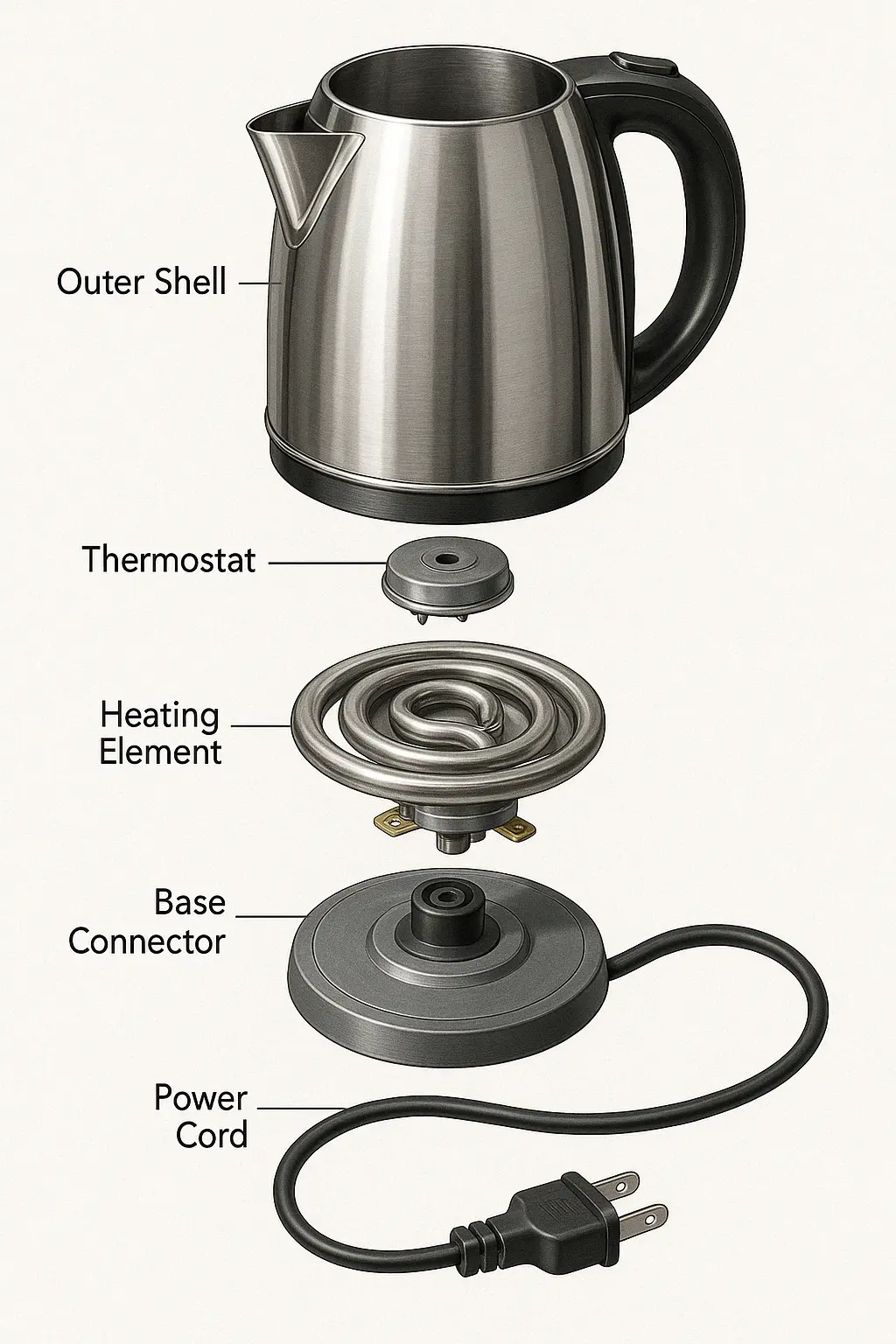 Electric Kettle Amazon Canada Compliance Certifica
Electric Kettle Amazon Canada Compliance Certifica
 Do You Understand Amazon Compliance Certification?
Do You Understand Amazon Compliance Certification?
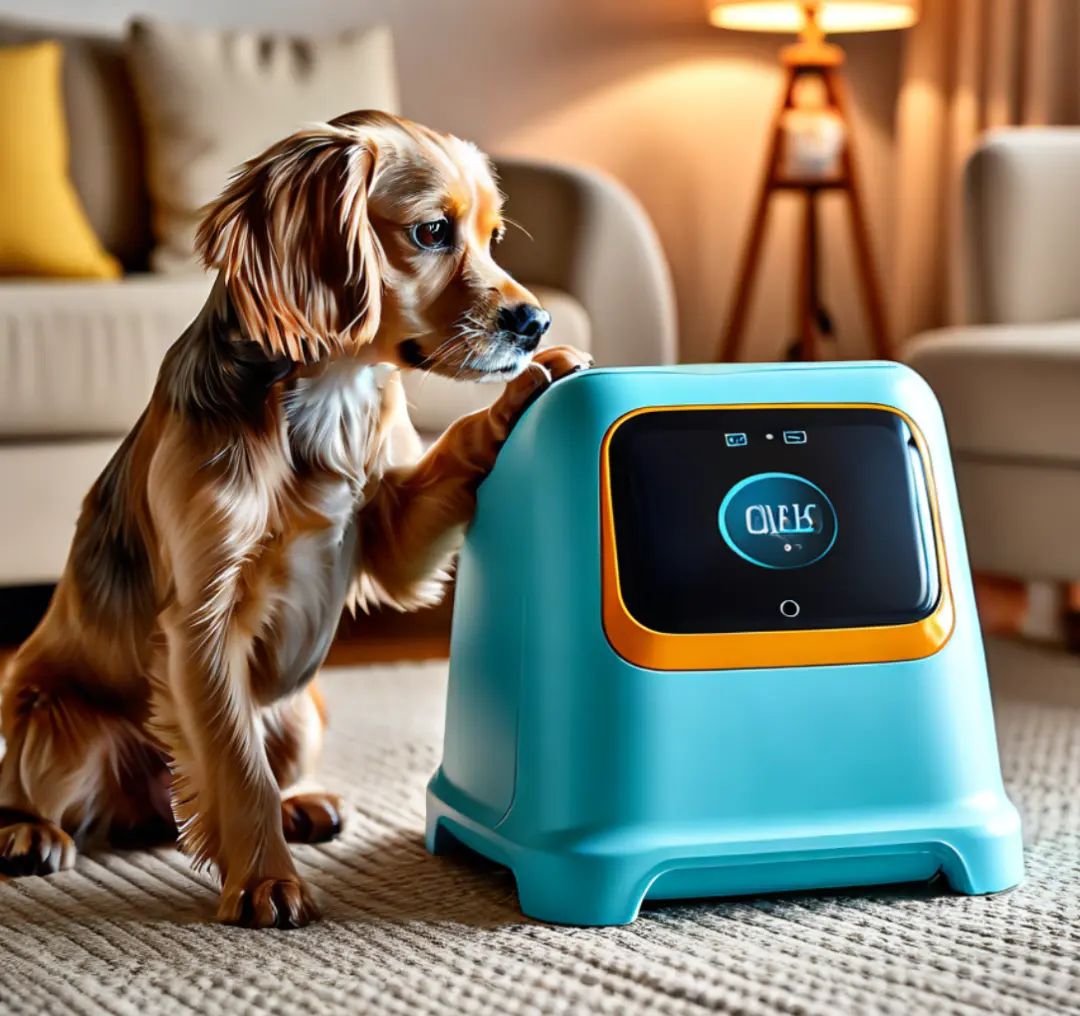 Pet Products CE Mark
Pet Products CE Mark
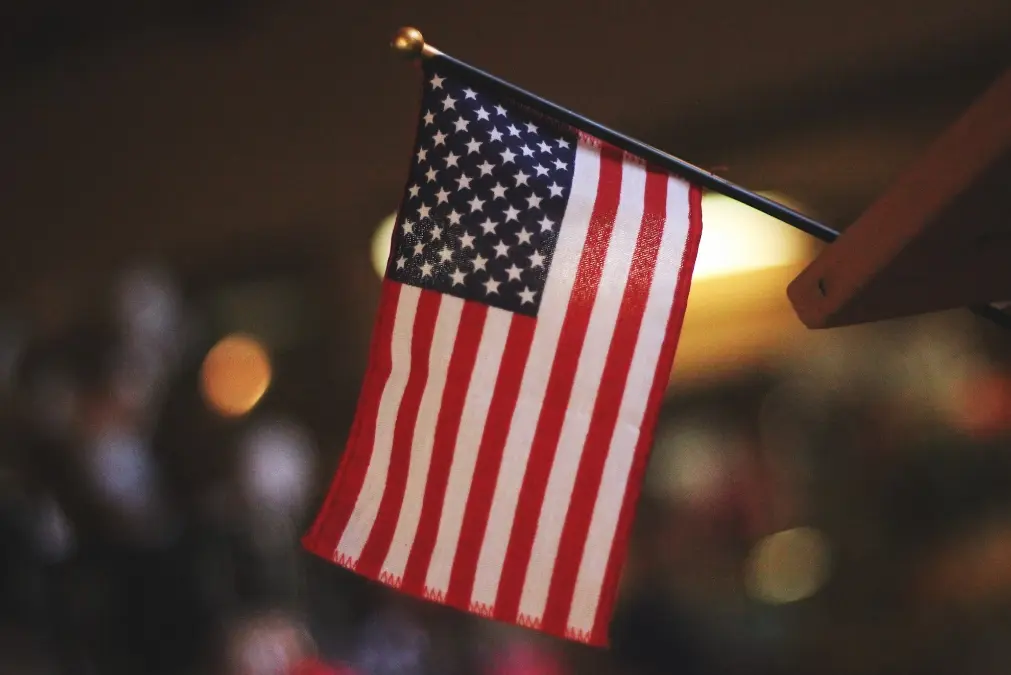 US Toy Safety Standards
US Toy Safety Standards
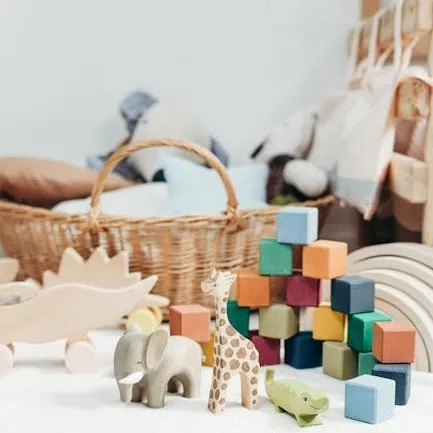 Toy Toxicology Testing CA
Toy Toxicology Testing CA
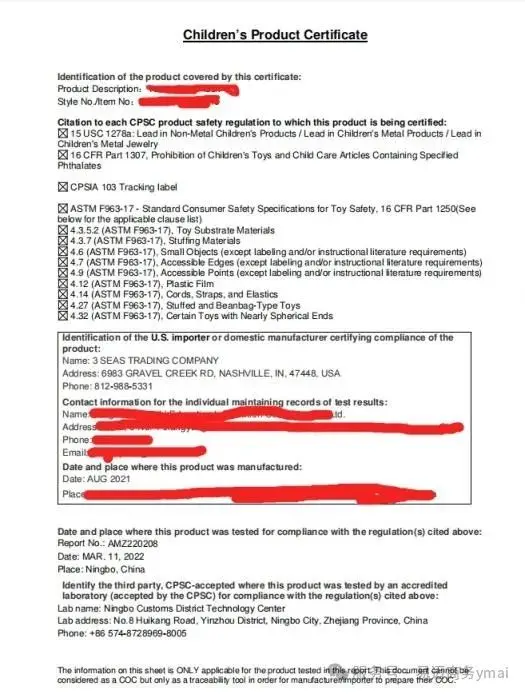 CPSIA Compliance for Children's Products
CPSIA Compliance for Children's Products
 Food Contact Items Testing
Food Contact Items Testing
Leave us a message
24-hour online customer service at any time to respond, so that you worry!




